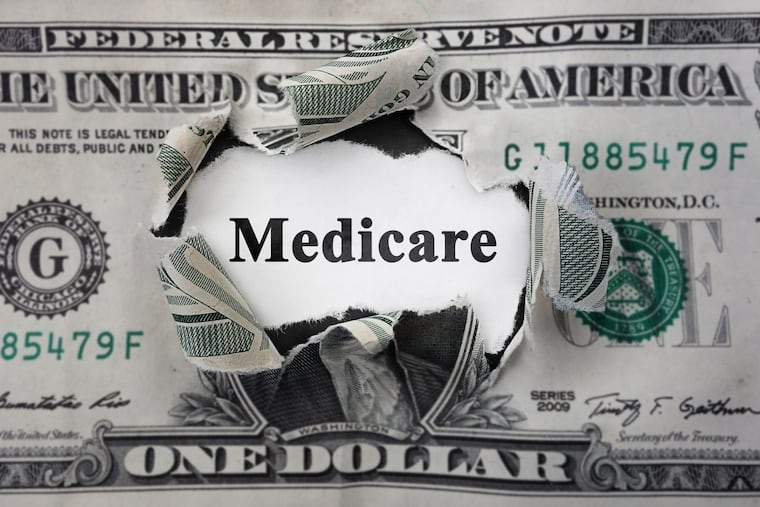Medicare wants to cut hospital outpatient facility fees, and that’s good for patients
If the patient received the same services in an independent physician office practice, they are charged only for the medical care they receive during the visit, not the add-on facility fee they face in a hospital-owned outpatient clinic.

Hospitals hate it. But it could be very good for patients.
The "it" is a proposal by the federal agency that runs Medicare to eliminate extra charges to patients and the program for doctor visits in outpatient clinics run by hospitals.
Currently, when a patient goes to a doctor who is employed by and works in a hospital-run outpatient clinic, they—and the Medicare program—often will be charged what is technically known as a "facility fee", in addition to the usual charge for the office visit and any diagnostic tests or procedures required to treat them. If the patient received the same services in an independent physician office practice, they are charged only for the medical care they receive during the visit, not the add-on facility fee. In many cases, the "outpatient clinic" had previously been an independent physician practice, until the hospital bought the practice and converted into an outpatient clinic.
Think of it like this. One day, you went to your primary care doctor in her office to get medical care, and you are billed only for the medical care you received from her. Under Medicare law, you would be responsible for 20 percent of the cost of the billed services. Six months later, you end up going to the same doctor, in the same office space, for the same kind of services, and you are billed the 20 percent share for the medical care you receive, plus 20 percent of the facility fee. Same doctor, same office, same services as before, just the ownership of the practice changed, yet you are forced to pay more.
This additional facility fee charge can create a real financial barrier to Medicare patients, many of whom are on fixed incomes and having trouble making ends meet. An example is a 78-year-old patient in Connecticut with a history of heart diseases, sepsis, and pneumonia, who NBC-CT reports is fighting a $124 facility fee charge charged for a visit to a clinic owned by the Yale-New Haven Health System, which he says he can't afford, and which has forced him to switch to another doctor not employed by the hospital-run clinic.
In 2016, the Obama administration and Congress took steps to eliminate facility fees, by mandating that going forward, payments would be the same whether the care was provided in a hospital outpatient department or independent physician office, but they allowed big exceptions "most notably by exempting existing hospital outpatient departments from seeing their rates cut. In other words, the earlier site neutrality policies discouraged future moves by hospitals to buy up doctor's offices and bill at outpatient rates, but did nothing to address clinics where that had already happened."
The Trump administration proposal eliminates the exception for "grandfathered clinics." Collectively, Medicare says that eliminating these additional facility fee charges will, if finalized, save patients about $150 million in lower copayments for clinic visits provided at an off-campus hospital outpatient department.
Hospitals are strongly opposed to this proposal, mainly because it is a substantial source of revenue to them. They argue that without facility fee payments, hospitals would struggle in providing charitable care to uninsured patients. That assertion is questionable, in my mind. But even if facility fees are partly used to subsidize charitable care, there should be other ways to ensure that hospitals get the funding they need from Medicare and other payers to meet this obligation, rather than charging patients and the program extra fees when there is no additional benefit or service provided to them.
The hospital industry has a lot of clout. But many physician and consumer organizations support the proposal to eliminate these add-on charges, including the organization I work for, the American College of Physicians, the nation's largest specialty society. CMS needs to hear from doctors, patients and nurses that they are right to go after over-charging by hospitals; otherwise, the hospitals may prevail in defending and continuing a policy that offers no benefit to patients, and that costs patients and taxpayers millions of dollars.